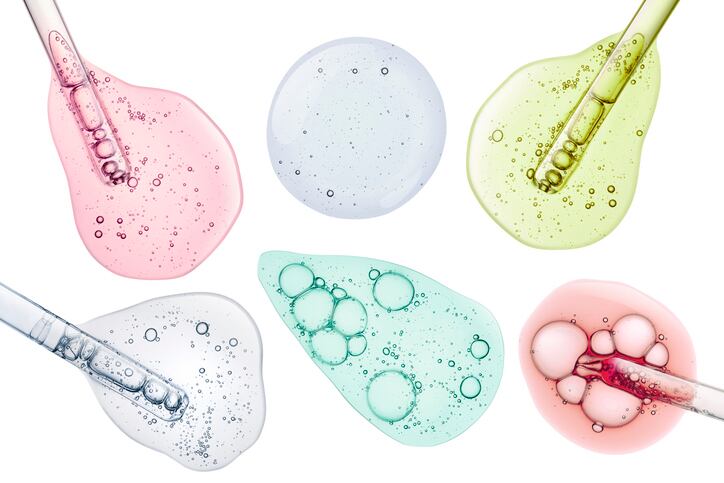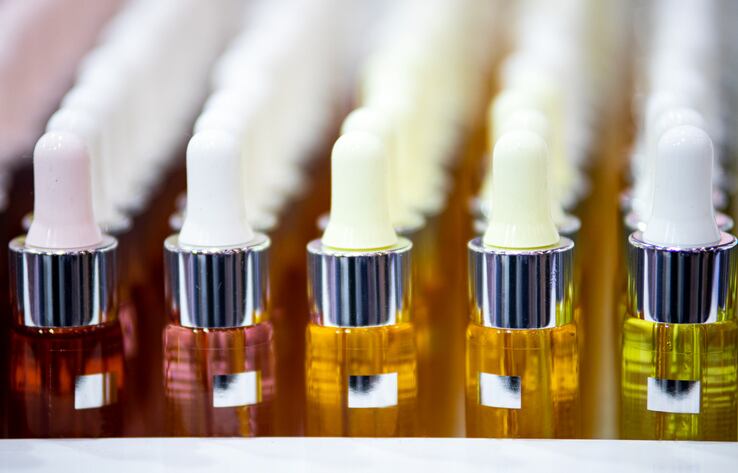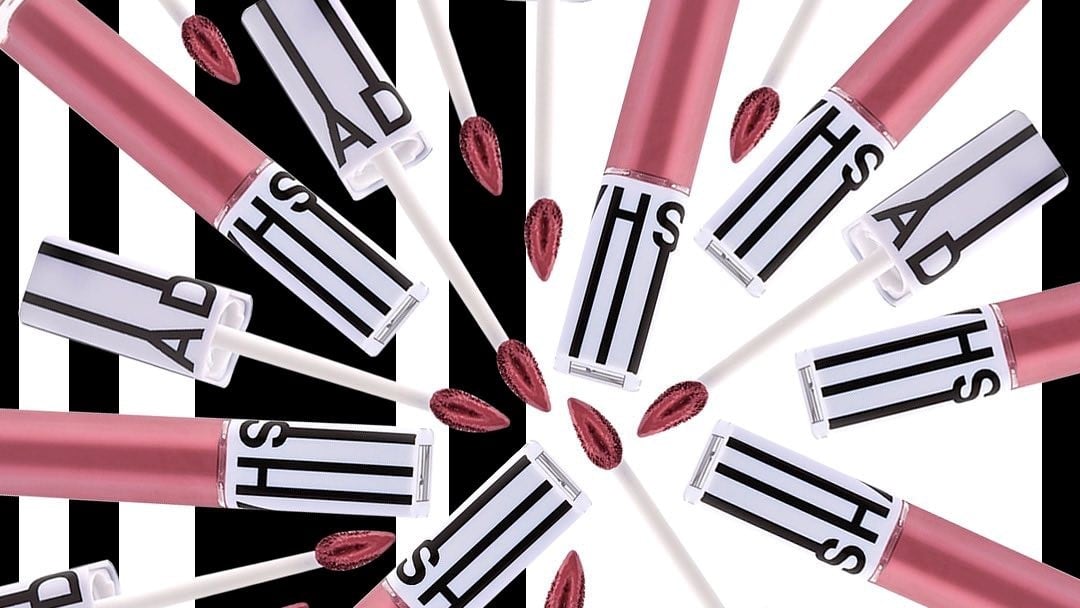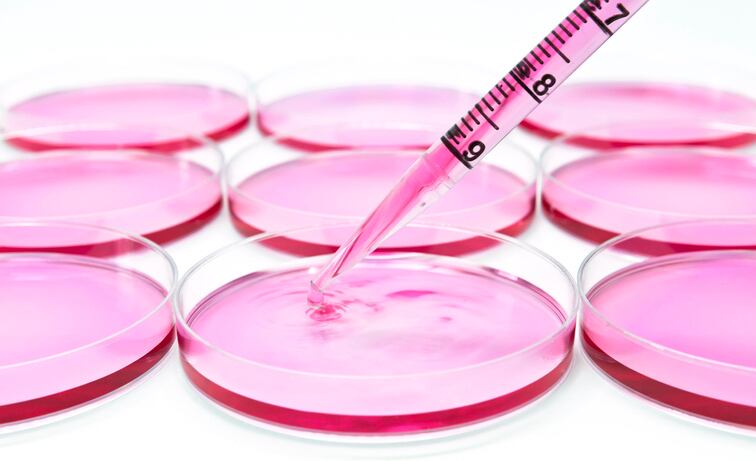Earlier this month, the Human Society International’s Animal-free Safety Assessment Collaboration (AFSA) issued an open statement claiming the European Chemicals Agency (ECHA) and its Board of Appeal was undermining the EU animal testing ban on cosmetics – a claim ECHA refuted.
The statement centred around a recently upheld decision from ECHA’s Board of Appeal requiring German supplier Symrise to carry out several toxicity tests on vertebrate animals for two chemical ingredients – a requirement AFSA and its signatories said was entirely unnecessary. Among the signatories were Procter & Gamble, Unilever, L’Oréal and Avon.
‘Standing up for new science’ and ‘positive progress’ under EU animal testing ban
“It’s great to see some of the global leaders in the cosmetics industry standing together as a united voice, standing up for new science that not only avoids the need for animal testing but ensures safer products for humans too,” said Dr Carol Treasure, founder and CEO of UK animal-free testing lab XCellR8.
“I wholeheartedly support what the statement has said, and I think it’s very balanced. It’s looking at the positive progress that has been made with the cosmetics testing ban that’s been in place since 2013 and kind of celebrating that success and then looking back to how this is now under threat,” Treasure told CosmeticsDesign-Europe.
She said ECHA’s response – stating animal testing was sometimes required under REACH Regulation when no other alternatives were available – not only went against the spirit of the Cosmetics Regulation but also REACH itself, which had been designed to protect humans, the environment and avoid animal testing if possible.
“This is only the tip of the iceberg. I do worry there’s going to be so many more cases coming through the pipeline, so what do we do with this one that sets a really important precedent?”
Beauty has put a ‘lot of hard work’ into non-animal testing
Thus far, the cosmetics industry had remained hugely invested and committed to working with alternative, animal-free safety testing methods, Treasure said. “I think it’s very evident that a lot of hard work has gone on in the cosmetic industry, and in related chemical industry sectors, to really drive forward the science in non-animal technologies.”
Importantly, she said industry now understood it was no longer about having a “tick-box approach” but rather about joining up different approaches, data and knowledge – “thinking intelligently” about what tests were truly required.
But, were there enough non-animal tests available to avoid ECHA calling for animal data?
Treasure said: “Well, I think we have to accept that when we look at some of these higher tier health end points, such as the long-term exposure, we don’t have a single test that is going to predict that. If we think in a limited way, needing a checklist and test for that, we haven’t got one (…) We haven’t got a regulatory approved test in terms of the OECD test guidelines.”
However, she said there was now a “much wider range of in-vitro tests” looking into very specific mechanisms in cells that – when combined with computer modelling, in silico modelling and big beauty experience – offered a sufficient “next-generation risk assessment”.
“We haven’t got a test that ticks a box, but we do have enough knowledge and experience to bring together a human-relevant safety assessment for chemicals.”
Industry needs to find ‘champions’ at ECHA to support next-gen testing
Treasure said industry now had to work on ensuring all of this was understood and, importantly, accepted by regulatory authorities, notably ECHA.
“We really need to just build those bridges and develop those relationships, because it’s almost as if ECHA are in their little bubble and we need to figure out how to burst that bubble.”
She said many working within ECHA were extremely approachable, so it was just about finding “the key people” within the agency who could “become champions” for next-generation cosmetic safety assessments.
“Finding those blockages and making sure we get more free communication with the regulators, doing that now, could hopefully head off more of this happening in the future.”
Asked who was best-placed to spearhead such an effort, she said: “We need everyone involved – all stakeholders. With the large companies, there’s no doubt they’ve made a massive contribution on the development of these [non-animal] approaches; they carry a lot of weight. Their products are being used by so many people around the world that the exposure potential is significant (…) But, I think we really need the knowledge of all the different stakeholders together.”
There also had to be an educational push across wider industry, Treasure said, because whilst big beauty manufacturers had a clear grasp and plenty of experience with non-animal testing methods, there were many SMEs that needed extra support.




